Life
-
 Brain
Brain‘Mindfulness’ defuses stress in classrooms and teaching
The science behind mindfulness shows that both teachers and students can benefit from a bit of focused attention.
-
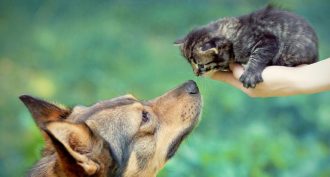 Animals
AnimalsCool Jobs: Pet science
Pets make great subjects for research. These scientists work to make our animals — and us — healthier and happier.
-
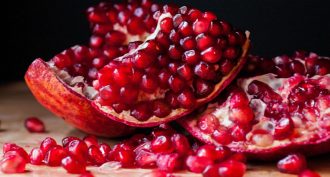 Plants
PlantsExplainer: Some supplements may not have what it takes
Dietary supplements made from plants may not contain all of the chemicals that usually make a particular plant healthy for humans.
By Janet Raloff -
 Life
LifeScientists Say: Yeast
For some people, yeast bring to mind slimy infections. But these little fungal beasts are used to make bread rise, too.
-
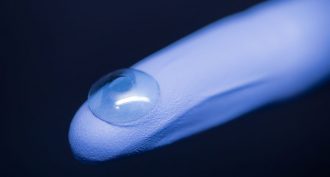 Tech
TechPlastic that mimics insect wings kills bacteria
A new ‘antibiotic’ plastic uses nanotechnology to mimic the hairs on insect wings. Then ouch! Bacterial cells that land on it end up stabbing themselves to death.
-
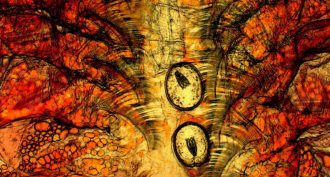 Animals
AnimalsParasites give brine shrimp super powers
When infected with parasitic worms, brine shrimp survive better in waters laced with toxic arsenic, a new study finds.
-
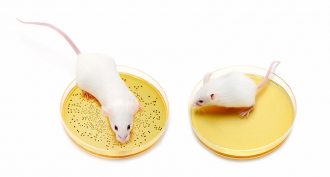 Microbes
MicrobesMissing gut bacteria linked to poor nutrition in children
The right mix of microbes in the gut could help prevent — or treat — malnutrition in children.
By Meghan Rosen -
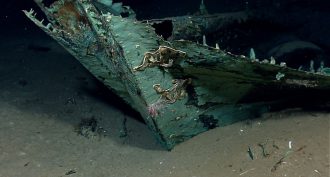 Environment
EnvironmentGulf oil spills could destroy shipwrecks faster
In the Gulf of Mexico, leftover crude oil from the Deepwater Horizon spill may be speeding the corrosion of old shipwrecks.
-
 Brain
BrainWhen smartphones go to school
Students who use smartphones and other mobile technology in class may well be driven to distraction. And that can hurt grades, studies show.
-
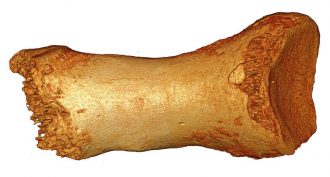 Fossils
FossilsNeandertal toe contains human DNA
DNA from a 50,000-year-old Neandertal woman’s toe bone shows humans left a mark on the ancient species — and much earlier than scientists had thought.
-
 Animals
AnimalsPicking a better porch light
Lights can vary in brightness and ‘color’ — even those that are sold as white. A new study tested which lights attracted the most bugs.
By Sid Perkins -
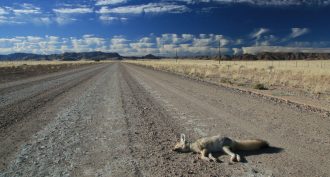 Animals
AnimalsRoadkill : Learning from the dead
Roadkill can be more than a smooshed-up carcass. Scientists study these highway casualties to learn more about wildlife and their environments.